
On 2 May Foreign Affairs published an article, “Will China Escalate?: Despite Short-Term Stability, the Risk of Military Crisis Is Rising,” by Tong Zhao, a senior fellow at the Carnegie Endowment for International Peace (CEIP).
There are many claims made in the article by Tony Zhao who seemingly looks at China, a 5000-year old Asian civilization, through a western lens (similar to the western-centric analysis made by John Mearsheimer).
Zhao asserts that Beijing views itself vis-à-vis the United States as in a “strategic stalemate.”
Comment: What exactly is meant by stalemate? And what statement emerging from Beijing attests to it viewing itself as in a stalemate? The chess metaphor applied to China is a cultural faux pas, as the popular strategizing board game the Chinese play is weiqi (go in English). Draws/stalemates are not a weiqi strategy and are rare.
Zhao: “Trump’s early second-term actions have strengthened Beijing’s conviction that the United States is accelerating its own decline, bringing a new era of parity ever closer.”
Comment: It is not just Beijing’s conviction. There are plenty of reputable economics/financial experts warning of a US economic decline (see Michael Hudson, Richard Wolff, Yanis Varoufakis, Peter Schiff, Ellen Brown, Sean Foo, Jeffrey Sachs, etc) as well as military experts speaking to a drop off in US military superiority (see Andrei Martyanov, colonel Douglas Macgregor, Scott Ritter, etc).
Economic data reveal that the US has been overtaken by China on real GDP/PPP, and economic indicators point to the US potentially heading into recession with a -0.3% growth in Q1 2025, while China’s growth in Q1 2025 was 5.4%.
Zhao warns that the current stalemate may not last and that over the next four years the “risk of a military crisis will likely rise as the two countries increasingly test each other’s resolve.”
Comment: It is obvious how the US is testing China’s resolve. But how exactly is it that China is testing the US’ resolve — other than as a defensive response to US machinations? Zhao does not give any examples of this. Vague, unsubstantiated statements should be greeted with extreme skepticism, and such statements speak to a writer’s professionalism and credibility.
Zhao: “The risk of a U.S.-Chinese military crisis could sharply escalate if Beijing further closes the capability gap with Washington and perceives international indifference to Taiwan’s status, grows frustrated with nonmilitary efforts to unite Taiwan with China, and foresees more pro-Taiwan leadership in Washington and Taipei.”
Comment: The logic behind this sentence is perplexing. Is Zhao suggesting that China should maintain a capability gap so that it is inferior to the US? Furthermore, there is no international indifference to Taiwan’s status. As of June 2024, 183 countries have established diplomatic relations with China under the One China Principle, which acknowledges Taiwan as an inalienable part of China. Depicting China as “frustrated” is contrary to the longstanding stoic image that China usually projects. Xi Jinping is definitively not a fulminating, blustering politician as is commonly found in Washington. As for military efforts to “unite Taiwan with China,” the famous Chinese military strategist Sunzi (Sun Tzu) wrote in The Art of War (Chapter III- “Attack by Stratagem”): “In the practical art of war, the best thing of all is to take the enemy’s country whole and intact; to shatter and destroy it is not so good. So, too, it is better to recapture an army entire than to destroy it, to capture a regiment, a detachment or a company entire than to destroy them.”
Zhao does admit, “Beijing has shown similarly little inclination to initiate near-term military conflict, even over issues of core national interest such as Taiwan.” He obviates this by following up with: “This restraint, however, has been underwritten by a military buildup, spanning conventional and nuclear forces, that Chinese officials see as critical to shifting the balance of power with the United States.”
Comment: The Chinese military build-up is, arguably, a necessity given the belligerence of the US toward whichever nation does not adhere to its demands. That Taiwan has a form of de facto independence is attributable to the US inserting its 7th Fleet into a Chinese civil war to protect the losing KMT side from the Communist forces (see William Blum, “1. China 1945 to 1960s” in Killing Hope: US Military and CIA Interventions Since World War II). Moreover, the US has been unfaithful in its adherence to the One China Policy that it effectively ratified in the 1972 Shanghai Communique.
Zhao: “[China’s] seemingly contradictory surges in economic and diplomatic outreach and its military muscle flexing, evident in high-profile drills near Australia and Japan in February, are, in China’s view, actions characteristic of the great power it believes it has become.”
Comment: There have been no official reports of China conducting military drills near Australia in February 2025. The live-fire drills were held in international waters, 150 nautical miles far beyond Australia’s territorial waters. The Global Times noted the Chinese drills were “fully in accordance with international law and customary practices” and they were “completely different with the Australian military aircraft’s intrusion into China’s airspace” — a serious violation of international law. As for the “high profile drills … near Japan in February,” a web search only revealed China carrying out drills in the Gulf of Tonkin and off Taiwan’s southwest coast. Japanese media noted the drills off Taiwan, none near Japan.
Zhao: “For its part, the Trump administration is beefing up the United States’ military deterrent against China amid growing concerns about Beijing’s aggressive actions in Asia.”
Comment: This is farcical. How is it that China whose military spending is effectively 52% of US military spending would cause the US to increase its deterrence? (see table below) What are China’s “aggressive actions”? Backwards logic and unsubstantiated allegations.

Chinese and US military spending compared Source: CEPR, 17 Dec 2024
Zhao: “Senior Defense Department officials aren’t fully aligned on the importance of Taiwan to U.S. strategy. Elbridge Colby, the Pentagon’s policy chief, for example, has said that ‘Americans could survive without it’ and is pushing instead to thwart China’s broader regional dominance.”
Comment: What is the importance of Taiwan to the US besides as part of a military containment zone? Does the US’ military encirclement of China convey peaceful intent? Also, what evidence is there that China wants to dominate outside its borders? China rejects hegemony and seeks win-win relationships.
Zhao writes of “the ratcheting up of tensions sparked by the trade war …”
Comment: Which actor is primarily responsible for ratcheting up tensions? Which actor started the tariffing? This information is important and relevant and needs to be identified and conveyed to the reader
*****
It is clear who is the aggressor. China is not ringing the US with military bases. China is not stoking Hawaiian separatist sentiment from the continental US. Are Chinese warships plying US waters?
Foreign Affairs is published by the Council on Foreign Relations (CFR) is a think tank and publisher described as an “influential ruling class organization” whose members come predominantly from the corporate business community which finances the CFR.
Zhao is listed as a senior fellow at the CEIP, which was ranked as the world’s number one think tank in 2019. Imagine that: such ill-thought-out journalism from a high-ranking think-tank fellow.
*
Click the share button below to email/forward this article. Follow us on Instagram and X and subscribe to our Telegram Channel. Feel free to repost Global Research articles with proper attribution.
Counter Information publish all articles following the Creative Commons rule creative commons. If you don't want your article to appear in this blog email me and I will remove it asap.




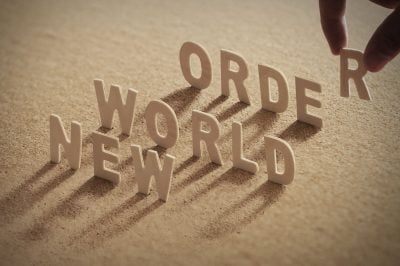

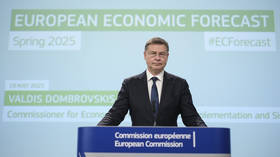

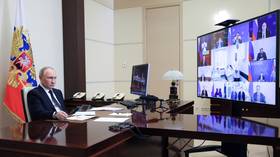
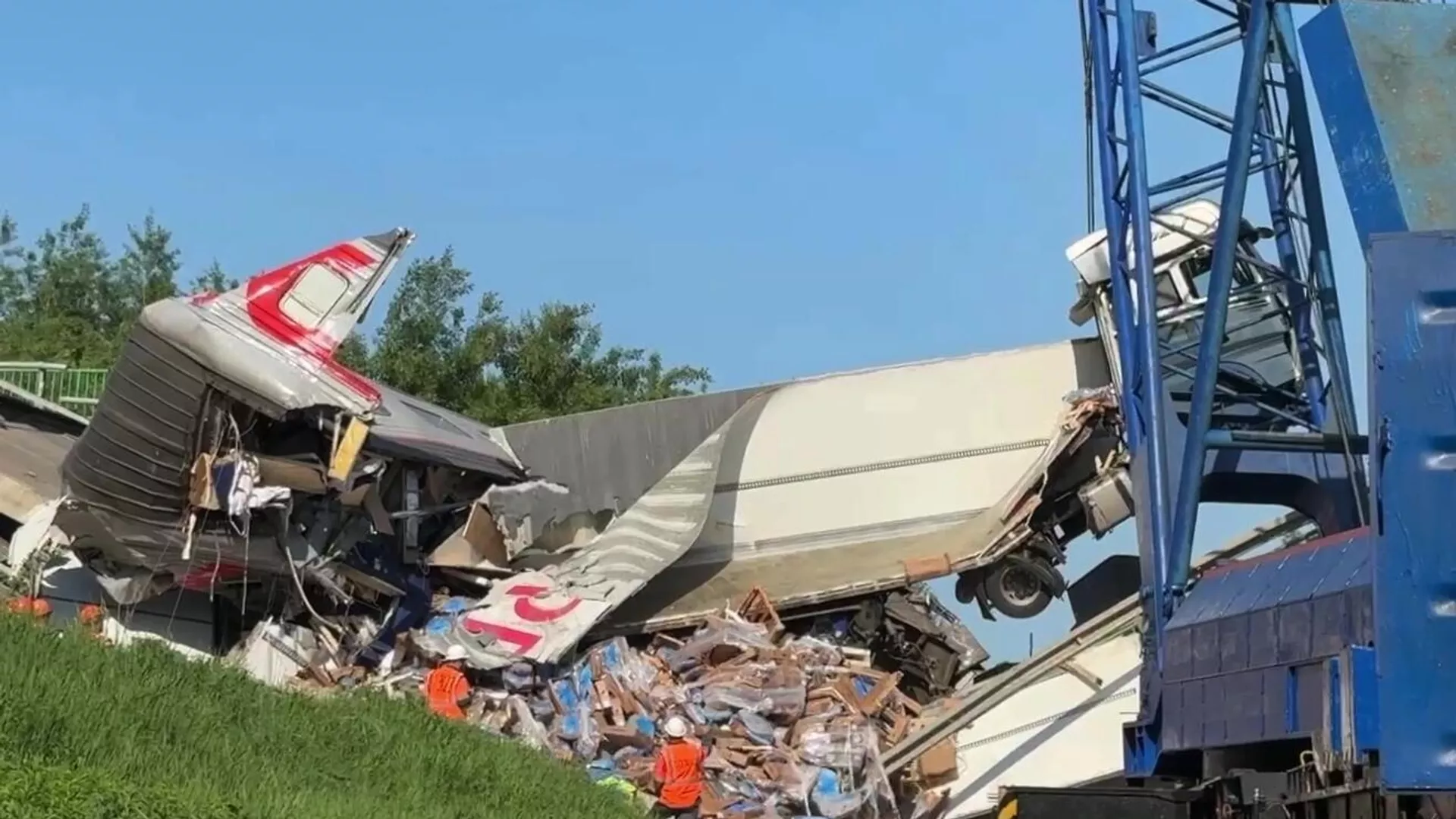
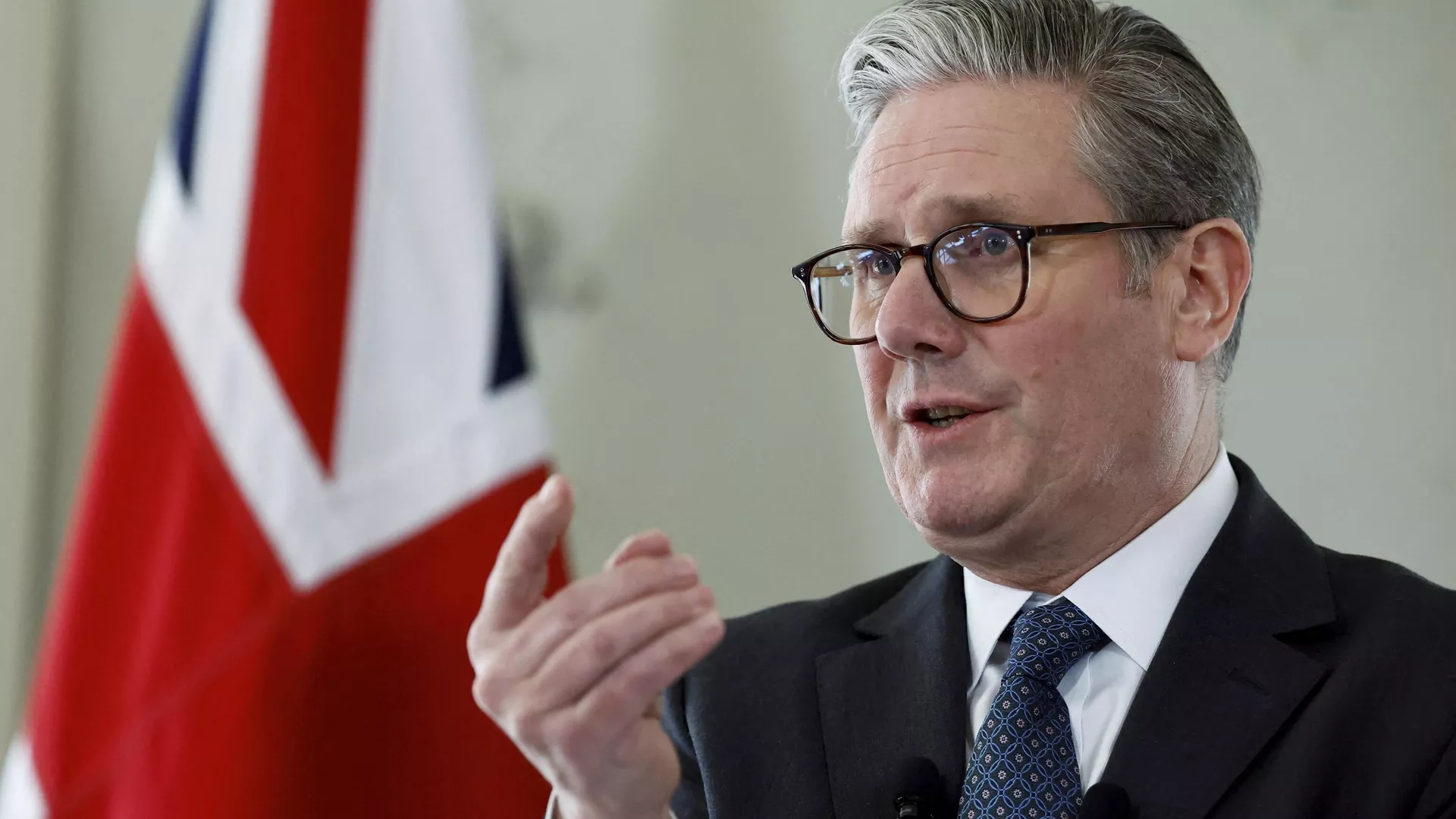






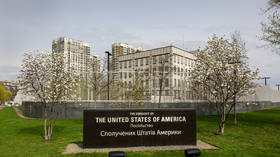
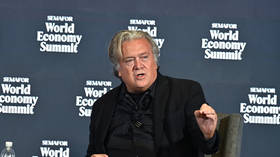
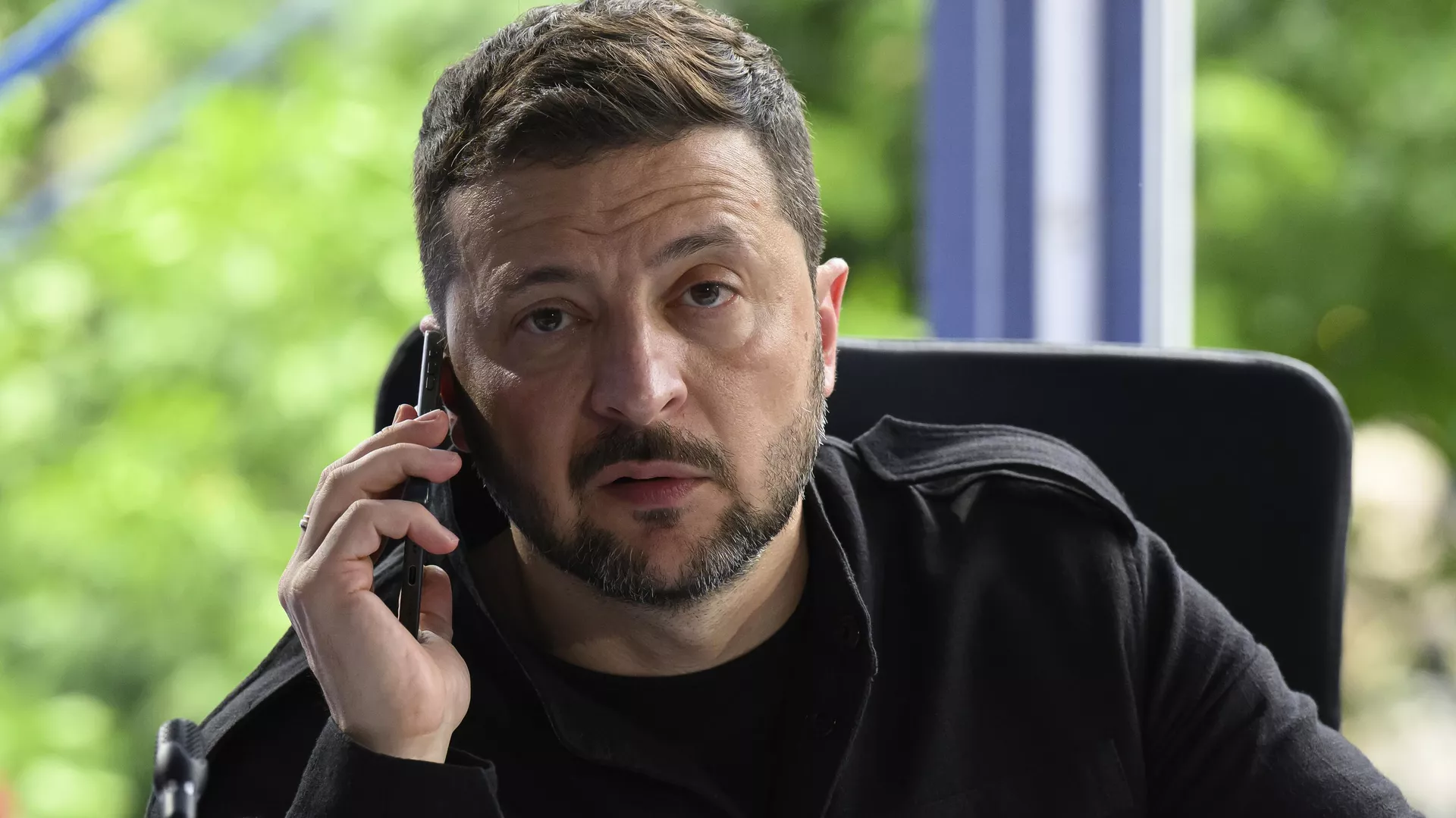
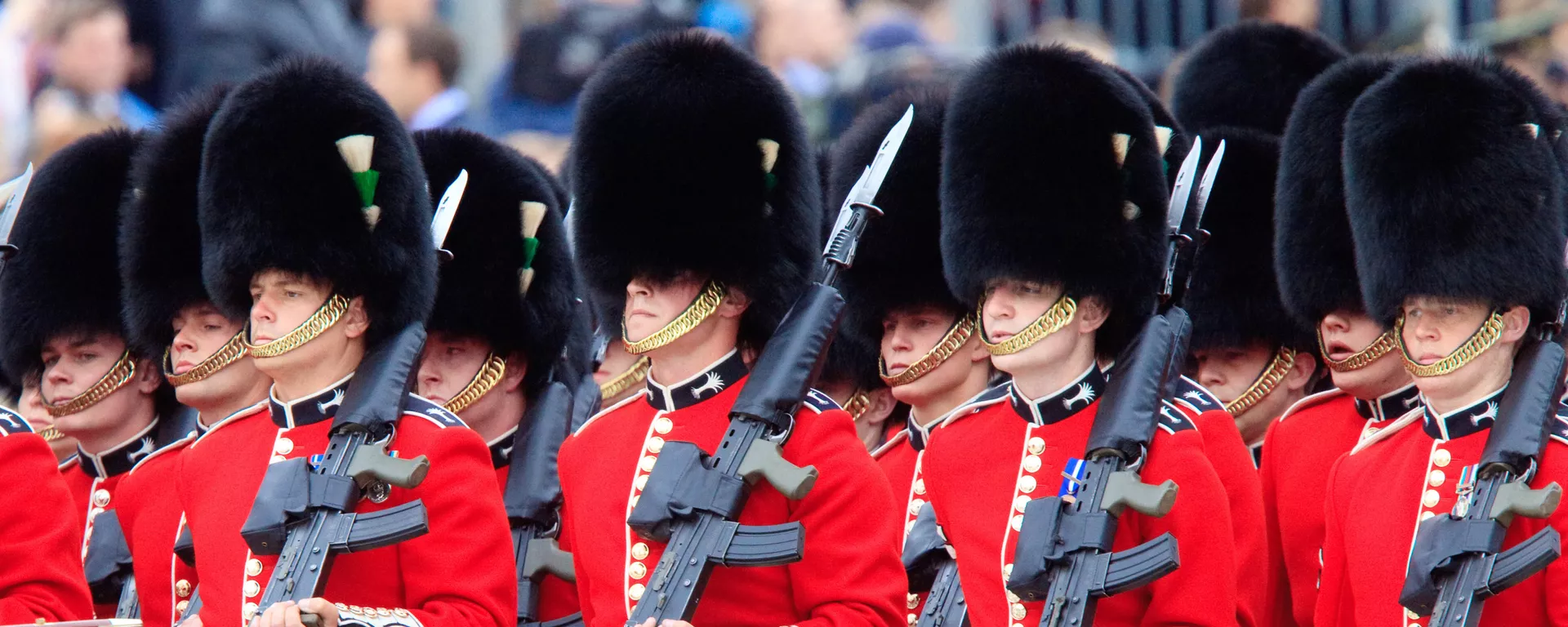
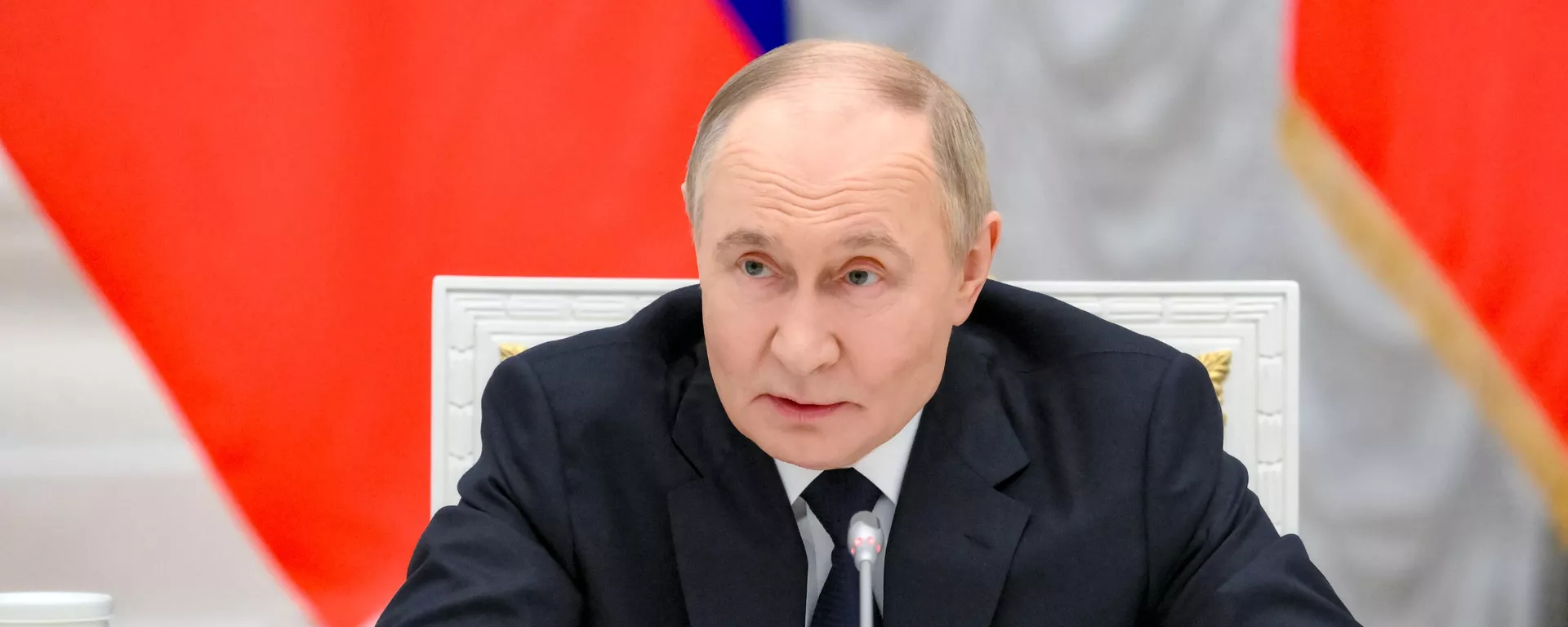
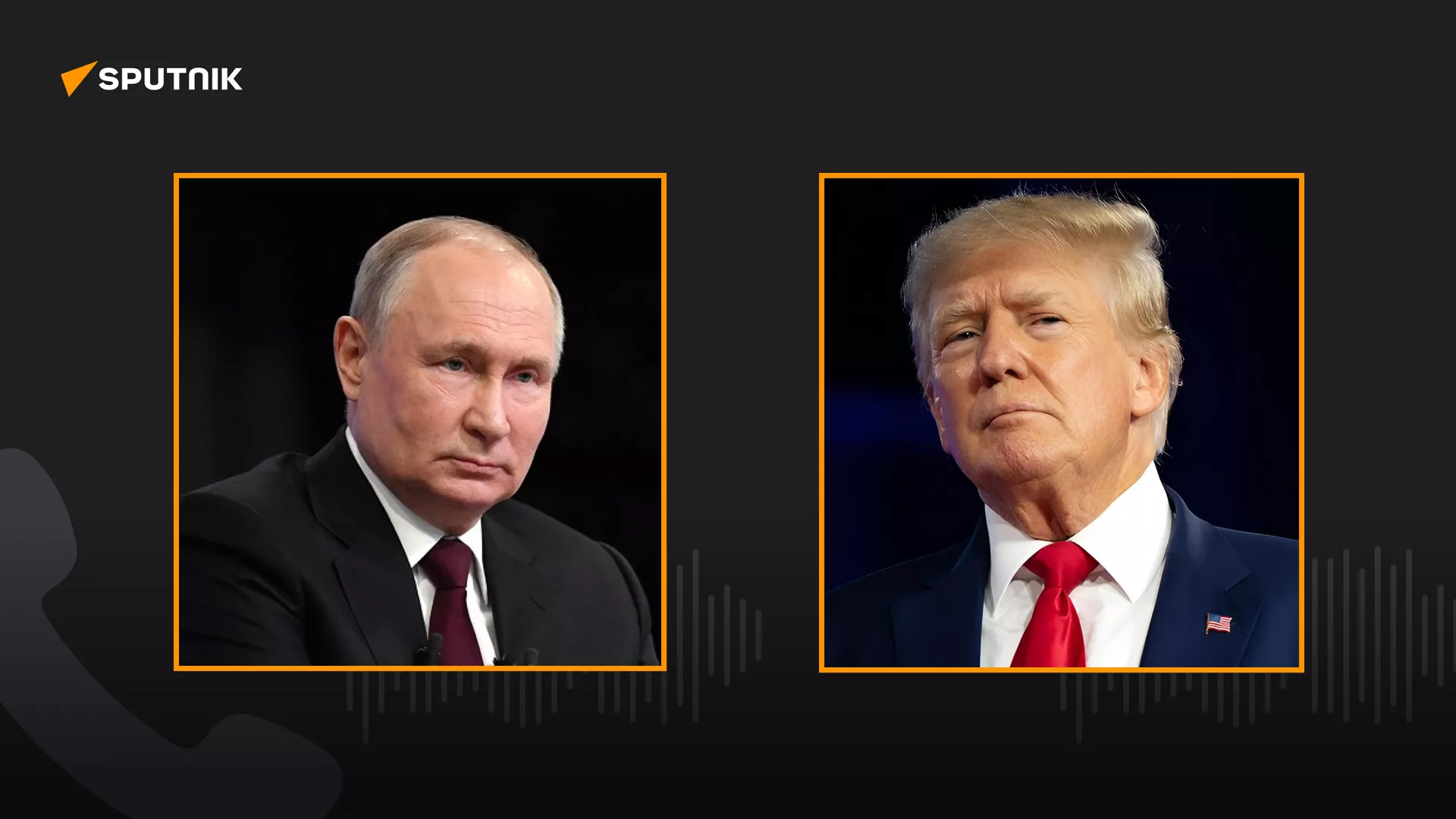


















No comments:
Post a Comment